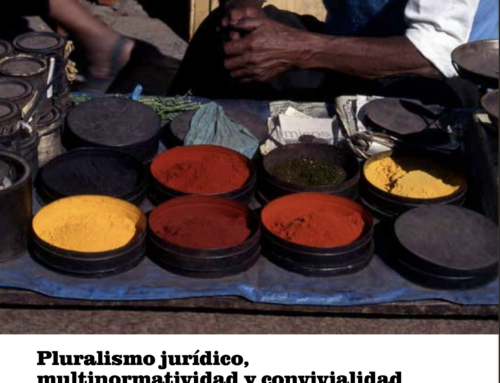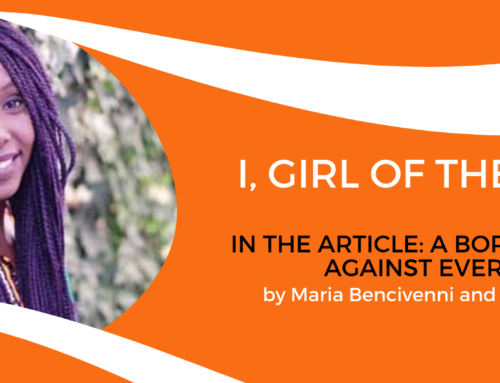From: Città Nuova
A great student of politics dies, a supporter of the interdependance of nations according to a logic of communion. The relationship with the Focolare and the dilema of war. Beginning from the city to save the world.
 On April 24, 2017, Dr Benjamin Barber passed away at the age of 77, following a brief illness in New York. He leaves behind his wife Leah and daughter Cornelia.
On April 24, 2017, Dr Benjamin Barber passed away at the age of 77, following a brief illness in New York. He leaves behind his wife Leah and daughter Cornelia.
A political philosopher, author of several books, including the best-seller Jihad Vs. McWorld, Barber dedicated his entire life to the ideas of citizenship and democracy. He was convinced that the great challenges of interdependance could be resolved in a constructive way if citizens made an effort to live civic virtues and become actively involved in politics.
He was sceptical of the ability of the nation-states to give sufficient answers to the contemporary global challenges (from climate change to terrorism; from immigration to poverty). In his last years, Barber emphasized the indispensible involvement of cities.
In his book, If Mayors Rule the World, he demonstrated how cities respond in a more efficacious way than states to the problems of our interdependant world. Therefore, in his last years with the tenacity and passion that had always distinguished him, Barber gave life to the Global Parliament of Mayors, which 49 mayors joined, including the Italians Leouca Orlando amd Virginio Merola.
I met Barber in the aftermath of September 11th at the New York home of Italian journalist, Antonio Monda. We were at a dinner together along with Leoluca Orlando, and Barber told us about a new project of his: to launch a World Interdependence Day that would be celebrated every September 12th, the day after the anniversary of the Twin Towers and Pentagon attacks. In fact, for Barber, the response to those attacks couldn’t be military, but had to rise from a common commitment to find sustainable solutions to all the great global challenges that could never be faced in an isolated way. Remembering that the United States had been born with the Declaration of Independance, Barber emphasized the need for a new declaration of interdependance.
I worked closely with Barber to set up the first Interdependance Day that was symbolically celebrated in Philadelphia. With him, we thought up and put together the second edition of the day in Rome, Italy, in 2004, with the support of the Focolare Movement.
It was on that occasion that I had the privilege of introducing Dr Barber to Chiara Lubich and be a witness to the various encounters and discussions that they had between 2003 and 2004. I recall during the conclusion of the first meeting between them, in June 2003 at Rocca di Papa, Italy, where I listened to him closely, Chiara observed that the idea of interdependance was important, but not enough.
Chiara told Barber during that first meeting: “Not only do we need interdependance, but then communion. The goods have to move. But goods can’t move on their own, and this is why we need to move hearts. Therefore, I talk about the universal brotherhood that we achieve among individuals and individual groups, but if we begin to remake this brotherhood among the nations, we’ll resolve the problem of terrorism at its roots.”
Barber responded: “Yes. The term “interdependance” is the lite version of the word “communion”. It’s the first step towards communion.” He went on to say: “Democracy is also a matter of the spirit; it begins with the habit of the heart and then is expressed in secular terms. So, oftentimes the separation between spirit and secular is a stretch . . .”
That dialogue between Barber and Lubich is something that is still vibrating today, beause of its absolute timeliness. What remains of Barber as a most precious legacy is his intellectual and civic commitment to giving life to a global citizenry that leads us nearer to unity.”





Leave A Comment